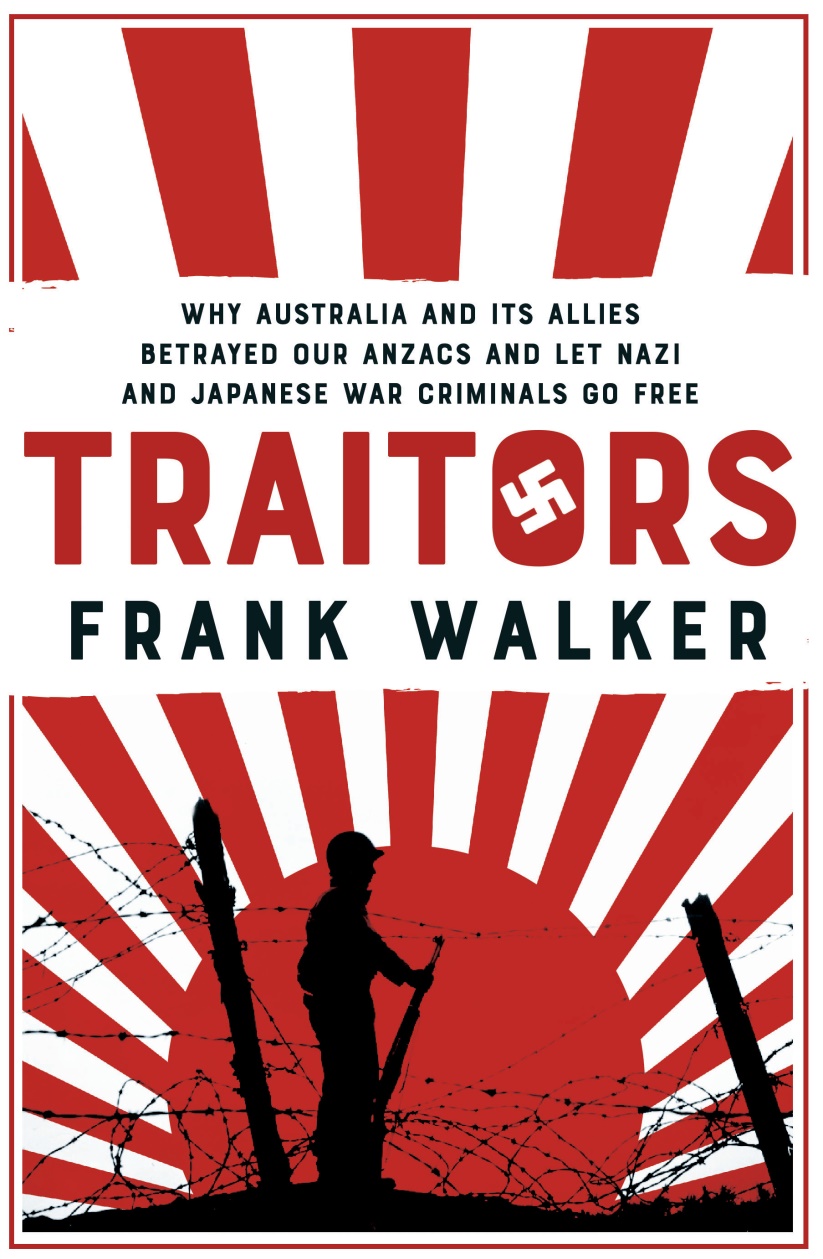This book is a collection of stories from the Second World War that centre around the themes of war crimes and acts of moral ambiguity. Despite the sub-title, this book only spends a fraction of its space on ANZAC prisoners of war who suffered at the hands of cruel captors. Walker describes how Winston Churchill, Franklin D. Roosevelt and Josef Stalin signed a pact in October 1943 that once their enemies were defeated the Allied powers would ‘pursue them to the uttermost ends of the earth and will deliver them to their accusers in order that justice may be done’. It was always going to be impractical, however, to try every soldier or person accused of a war crime and so the Allies chose to enforce justice against selected individuals – and even then that no jail sentence was longer than 13 years. Walker argues that this decision was a moral abrogation of the 1943 pact and ‘obligation’ to ‘the victims’.

Walker also takes aim at government decisions to allow certain Germans and Japanese to relocate to the United States, United Kingdom and Commonwealth countries; and he does so despite the perceived utility of these people to their new hosts in the developing Cold War. While the moral questions are justified, the context of the times placed greater emphasis on necessity. These are the two areas from which Walker draws the title for this book.
But Traitors also includes a number of loosely related Second Word War stories about multinational companies and banks who continued to do business during the war – sometimes on both sides – and that unexpectedly continued to make profits; which is what companies and banks exist to do. But these stories are unrelated to the title and, while interesting, Walker has extended the broad ‘Traitors’ title to them as well. While Walker has related these other stories well, they are all available in several on-line sources. The reader needs to manage his expectations and realise that the sub-title is only a fraction of the total content of the book.
Walker is a journalist whose newspaper roles have included being chief reporter for the Sun Herald covering defence, veterans’ affairs, national security and terrorism. In 2010, Hachette published his first book, The Tiger Man of Vietnam – a remarkable true story of the secret war of Captain Barry Petersen in the Central Highlands of Vietnam. Walker followed this with his bestselling Ghost Platoon in 2011, Maralinga in 2014, and Commandos in 2015.
Traitors includes a good number of notes for those who wish to explore the stories further as well as a bibliography of sources. There are no images, but there is a comprehensive index. Traitors is recommended to those interested in general military history and the Second World War.
Contact Marcus Fielding about this article.






